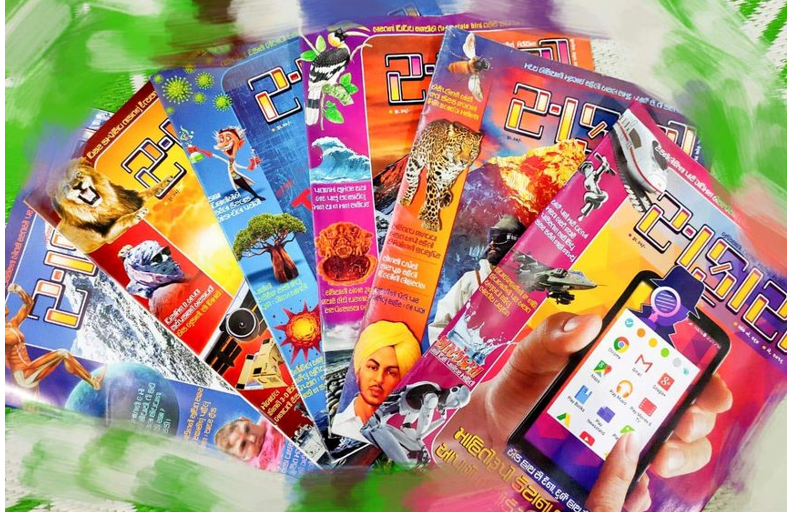Body’s Secret Plan for Death

A fitness-conscious colleague of mine ordered a cup of tea. I nearly dropped my pen. “Tea?” I said. He replied, “I’m growing old.” We both chuckled, but as his words lingered in the air longer than the aroma of Darjeeling, It became intriguing topic to understand the most ancient of contemplations why do we age, and more curiously, why do we die? From an evolutionary perspective, “fitness” isn’t about biceps or abs it’s about the ability to pass on genes effectively. In that sense, ageing is simply the slow decay of that fitness, the gradual fraying of a once-pristine biological fabric, until one day, the loom stops altogether. Since I am not a biologist, I started exploring for this enquiry and stumbled upon a riveting lecture by Nobel Laureate Dr. Venki Ramakrishnan. The coincidence that we both share the same university (and possibly the same cafeteria food) made me feel oddly connected to him. What followed was an exploration about unsettling, humbling, and occasionally absurd trut...






